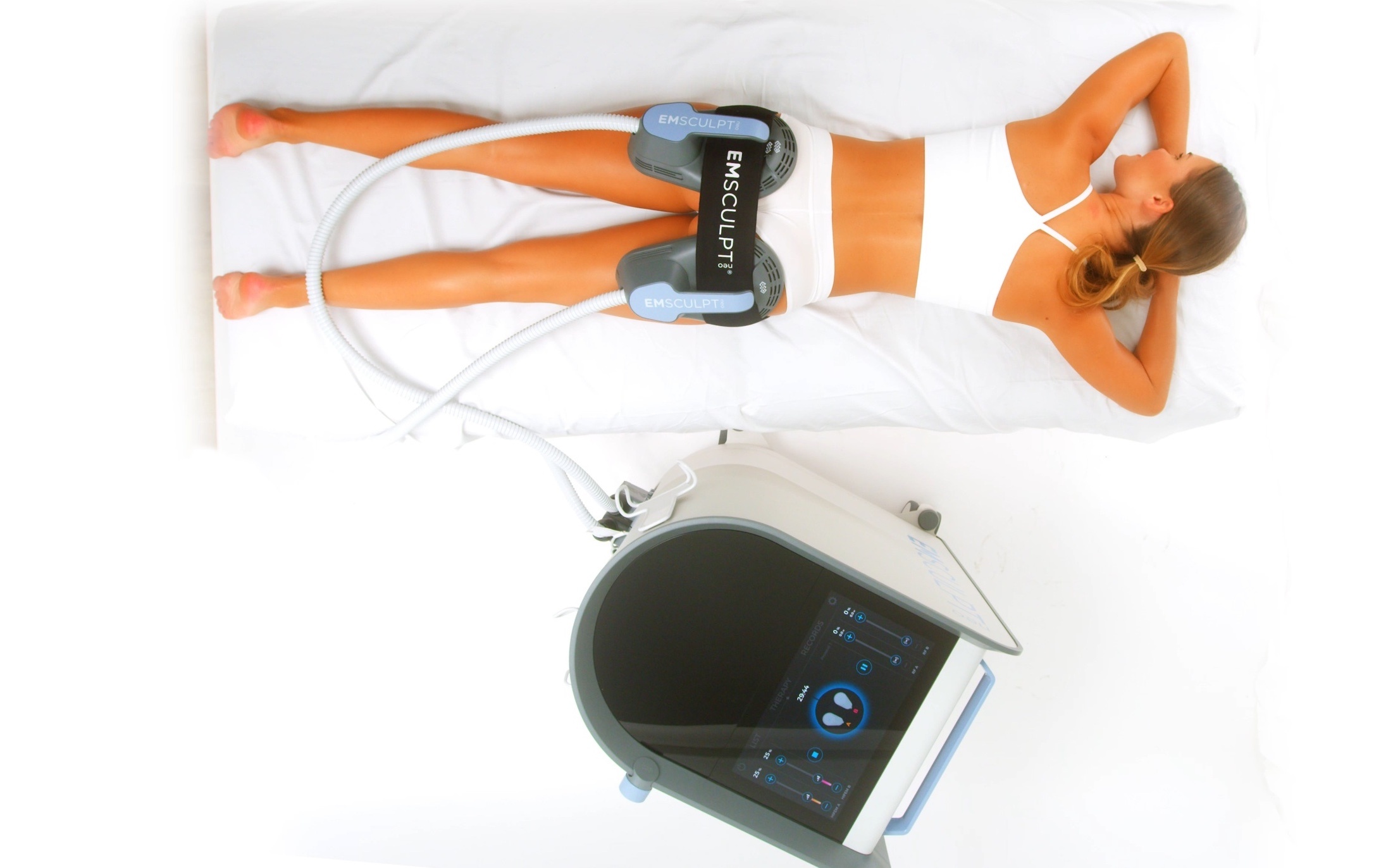Sleeplessness is not a badge of honor

From 2007 to 2012, I was a resident in general surgery at NYU, and I worked a lot. Like, on the order of 80 hours per week. And I was proud of it! I was proud of my work but I was also proud of just the sheer quantity of work I did. My coworkers felt the same! In fact, physicians-in-training were named “residents” in honor of extreme work schedules. We virtually lived in the hospital, working busily from long before sunrise until after sunset.
walking uphill to work … both ways … in the snow … after working 36 hours straight
Such long work hours are ingrained in our culture. And it’s tradition for physicians from older generations to assert that the doctors of newer generations “have it easy.” Residents from every era of medicine have heard, “when I was in training” stories from more senior staff members. These stories often include some snarky comment about walking uphill to work … both ways … in the snow … after working 36 hours straight. This intergenerational jeering can also be intragenerational. During morning or evening debriefings, it’s common to hear, “That’s all you did!” or “I haven’t slept in days!” It can be even inter- and intradepartmental. For example, surgeons notoriously consider themselves the hardest working doctors in the hospital and think their fatigue proves it. Sleeplessness is the badge of honor that we wear with pride.
Rest in peace, Libby Zion.
But sleep deprivation hurts all of us. For at least 35 years, stories of tragic patient outcomes have been associated with sleepless doctors. Perhaps most notorious is the story of Libby Zion. In brief, in 1984, Libby was an 18 year-old college freshman who died within 8 hours of admission to the ER at New York Hospital. Her distraught parents sued everyone involved in her care. Their claim? Libby died because of a medication error. More specifically? Libby died because the medical training system failed her. Her father, a journalist wrote, “You don’t need kindergarten to know that a resident working a 36-hour shift is in no condition to make any kind of judgment call - forget about life and death.”
The jury wasn’t completely convinced that a fatigued medical team was the cause of Libby’s death. But her death literally changed the way doctors are trained. After the Libby Zion case, the Bell Commission was formed and limited New York resident physician work hours for the first time. The work of this Commission also influenced the Accreditation Council of Graduate Medical Education (ACGME) which governs the way every US doctor is trained. This led to nationwide limitations on resident physician work hours. In 2003, the ACGME created the 80-hour work week and limited each shift to 24 hours with a brief buffer. These changes were instituted to protect our patients.
So, doctors must have been thrilled with reduction in work hours right? Nah, not so much. During my time as a resident, there was palpable disdain over the limitations. For one, we felt that having to “sign out” the care of our patients to another member of the care team was inefficient and often ineffective. Sometimes it felt wrong to pass a patient’s care to a teammate just because of the time. (I know I can’t speak for the entire medical community but I’m confidently relating the thoughts of my co-residents, attending physicians and myself at that time.) Also, ego! We are physicians and surgeons! We were trained to do stressful work in sleepless conditions. So, why should we cower to pressure from lawyers and bureaucrats?!
Sleeplessness is like being legally drunk.
We should improve our sleep habits because good sleep is important to us and our work. And this is true regardless of what kind of work you do. Whether you are a stay-at-home mom, a surgeon or a graphic designer, sleep deprivation is hurting your performance. Clinical studies have shown that when you are up for at least 17 hours straight, you will perform as if you have a blood alcohol level greater than 0.05. That is legally drunk in many European countries. Wow! We would never mom, doctor or design while drunk. So, why do it while sleepless? Sufficient, high-quality sleep has been associated with improved focus, increased emotional stability, and less stress. It’s also linked to healthy levels of hormones like insulin, human growth hormone and testosterone. Good sleep can help us at work and at home!
We live in a go-go-go world.
So, with all the powerful, tangible benefits of sleep, why don’t we prioritize it? I think part of the challenge has been our ignorance. We haven’t known just how important sleep is. More than that, we have thought of getting enough sleep as a luxury instead of a necessity. I’m absolutely guilty of this. Now, my outlook may be partially innate but it’s definitely learned. I have been taught - in my years as a doctor and a mom - that my sleeping is elective. I have to remind myself that - not only do I need sleep - I need good sleep. The ideal number of hours for most of us is 8 hours nightly. But more than the quantity, we need good-quality sleep. Our bodies need to experience each of the sleep cycles, especially deep sleep, each night. I think another reason we underestimate the importance of sleep is that we don’t do anything while we’re asleep. We live in a go-go-go world, seeking faster-bigger-newer-better things. We seek almost-constant interaction. And sleep offers no interaction.. To sleep well, we have to intentionally slow down to a complete stop. Which is so hard for us!
Sleeping well is essential to our health. It’s not optional. Now that we understand why we need to sleep well, let’s learn how with some straight-forward, science-backed action steps.

